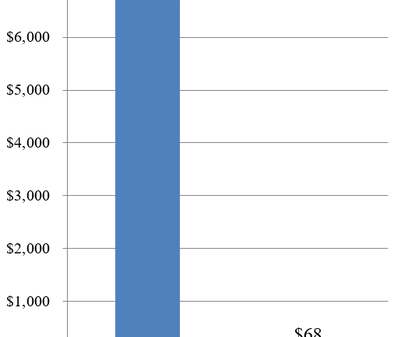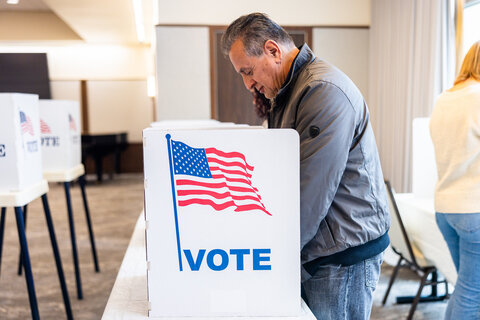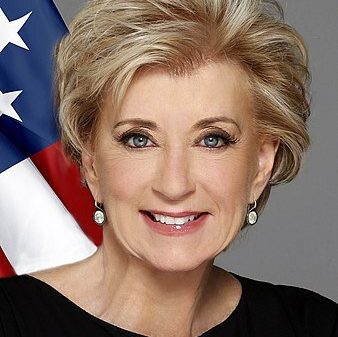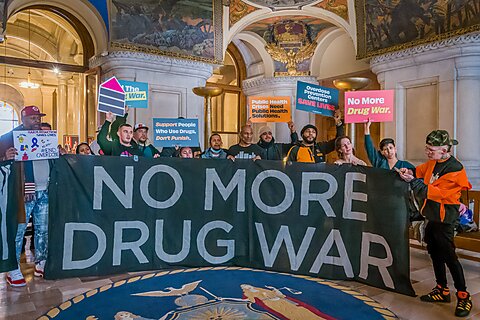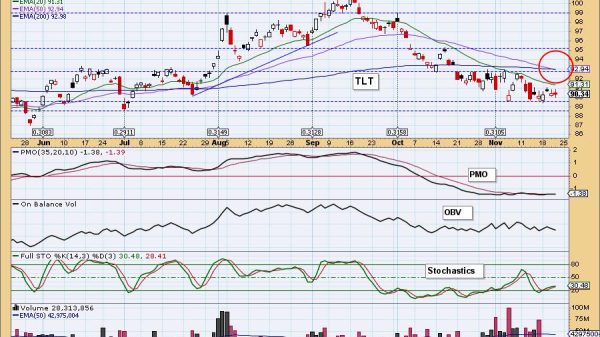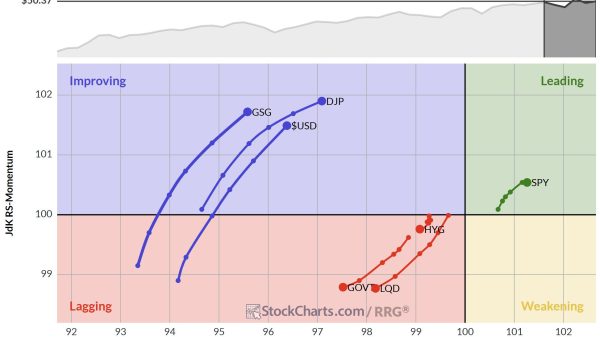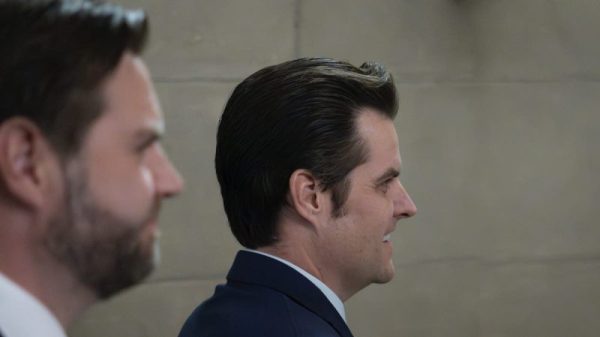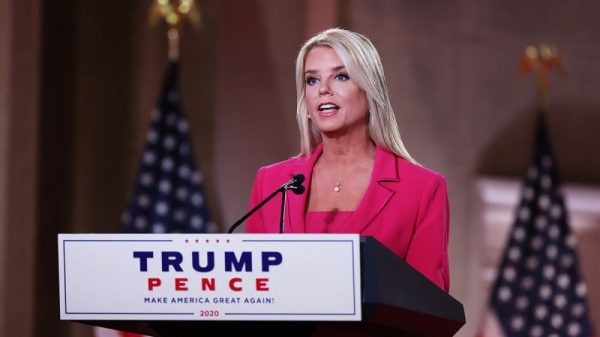The standard argument for scope-of-practice (SOP) laws—and more generally, for occupational licensing—is that such regulation improves the quality of services by keeping out lower-skill providers. If so, then these government-created barriers to entry are potentially beneficial, even if they reduce supply and raise prices.
One problem with this perspective is that existing evidence does not find improvements in quality from SOP or licensing laws, and a new study confirms:
The United States is experiencing a shortage of physicians—exacerbated by the COVID-19 pandemic—and the shortage is expected to worsen primarily because of population growth and aging. Notably, the availability of ophthalmologists is trending downward despite growing demand for eye care. … Given the limited availability of ophthalmologists, some have suggested leveraging optometrists, who also have skills in eye care. …
And, lo and behold,
Beginning in the 1970s, optometrists gradually obtained the authority to prescribe medications. This scope-of-practice expansion has allowed optometrists to diagnose and treat patients with eye diseases or disorders without referrals to ophthalmologists. …
States have introduced and expanded optometrists’ prescription authority in multiple phases. Initially, optometrists were permitted to administer medications only for diagnostic purposes. Then, states allowed optometrists to prescribe medications for treatment purposes—known as therapeutic pharmaceutical agent (TPA) prescription authority. …
Our research estimates the effects of optometrists’ TPA prescription authority…. Specifically, it examines the effect of laws that allow optometrists to prescribe drugs for glaucoma treatment on public eye health. …
Our estimates provide evidence that granting TPA prescription authority to optometrists improved public eye health and increased optometrists’ earnings. Vision impairment declined by 12 percent on average over a 15‐year period after the policy change.
Thus, rather than improving customer outcomes, SOP laws made them worse. So why do such laws exist? Presumably as protectionism for suppliers who want to avoid competition (but claim they are helping consumers). Bootleggers and Baptists lives!
This article appeared on Substack on October 22, 2024.






